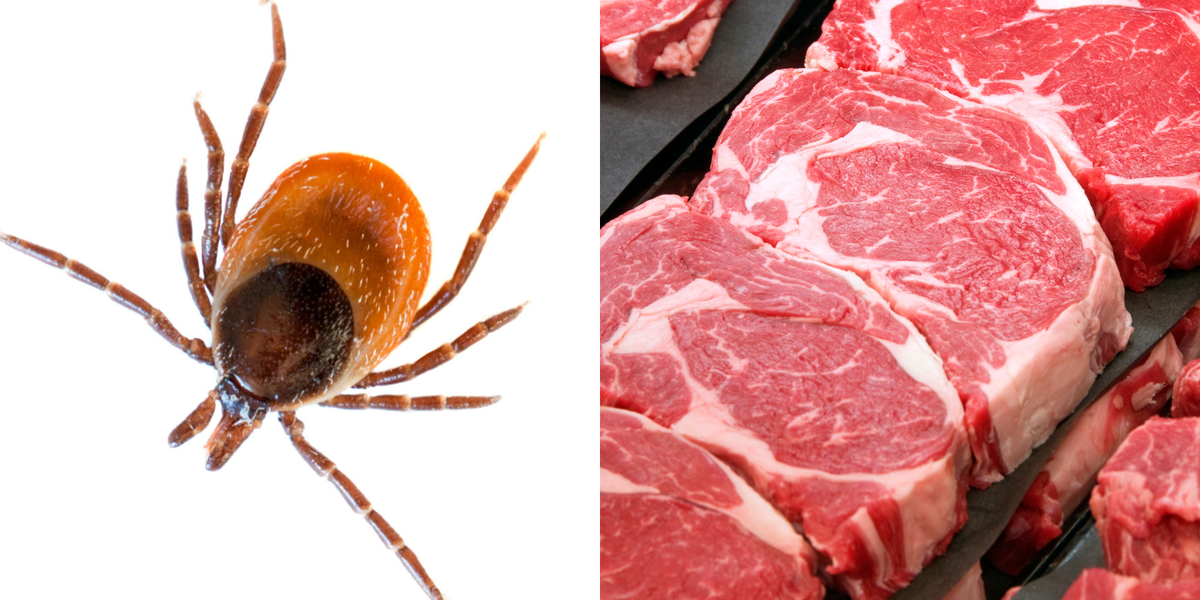Introduction: Unraveling the Mystery of Tick-Related Meat Allergy
As tick populations increase and expand into new territories, an emerging threat has come to light – tick-related meat allergy. In this article, we delve into this peculiar connection, explore the impact on thousands, and discuss the awareness raised by the CDC.
1. An Unexpected Allergic Reaction: Unveiling the Link
Explore the surprising link between tick bites and meat allergies. Researchers are investigating how tick saliva can trigger an immune response that leads to allergic reactions upon consuming certain meats.
2. Understanding Alpha-Gal Syndrome: The Culprit Revealed
Learn about Alpha-Gal syndrome, the condition behind the meat allergy. This unique allergy is caused by the immune system’s reaction to the alpha-gal sugar molecule found in tick saliva and red meat.

3. A Geographic Concern: Spreading Territories of Ticks
Examine the geographic spread of ticks and how this phenomenon increases the incidence of tick-related meat allergy. As tick habitats expand, more individuals become at risk of developing the allergy.
4. Diagnostic Challenges: Identifying the Allergic Response
Understand the diagnostic challenges faced by healthcare professionals in recognizing the tick-related meat allergy. Delayed diagnosis can lead to recurrent allergic reactions and impact the quality of life for affected individuals.
5. Coping with the Allergy: Adjusting Dietary Habits
Discover how individuals affected by tick-related meat allergy cope with dietary adjustments. Eliminating certain meats from the diet becomes essential to avoid allergic reactions.
6. Public Health Awareness: The CDC’s Role
Discuss the role of the CDC in raising public health awareness about this emerging threat. Efforts to educate both healthcare providers and the general public are crucial in early recognition and management.
7. Tick Prevention and Protection: Reducing the Risk
In conclusion, the emerging threat of tick-related meat allergy underscores the importance of tick prevention and protection. From avoiding tick bites to early recognition and management of allergic reactions, raising awareness can significantly impact affected individuals’ well-being. As tick populations continue to evolve, understanding and addressing the peculiar connection between tick bites and meat allergy become essential in safeguarding public health. Through collective efforts and continued research, we can mitigate the impact of this emerging threat and promote a safer environment for all.










